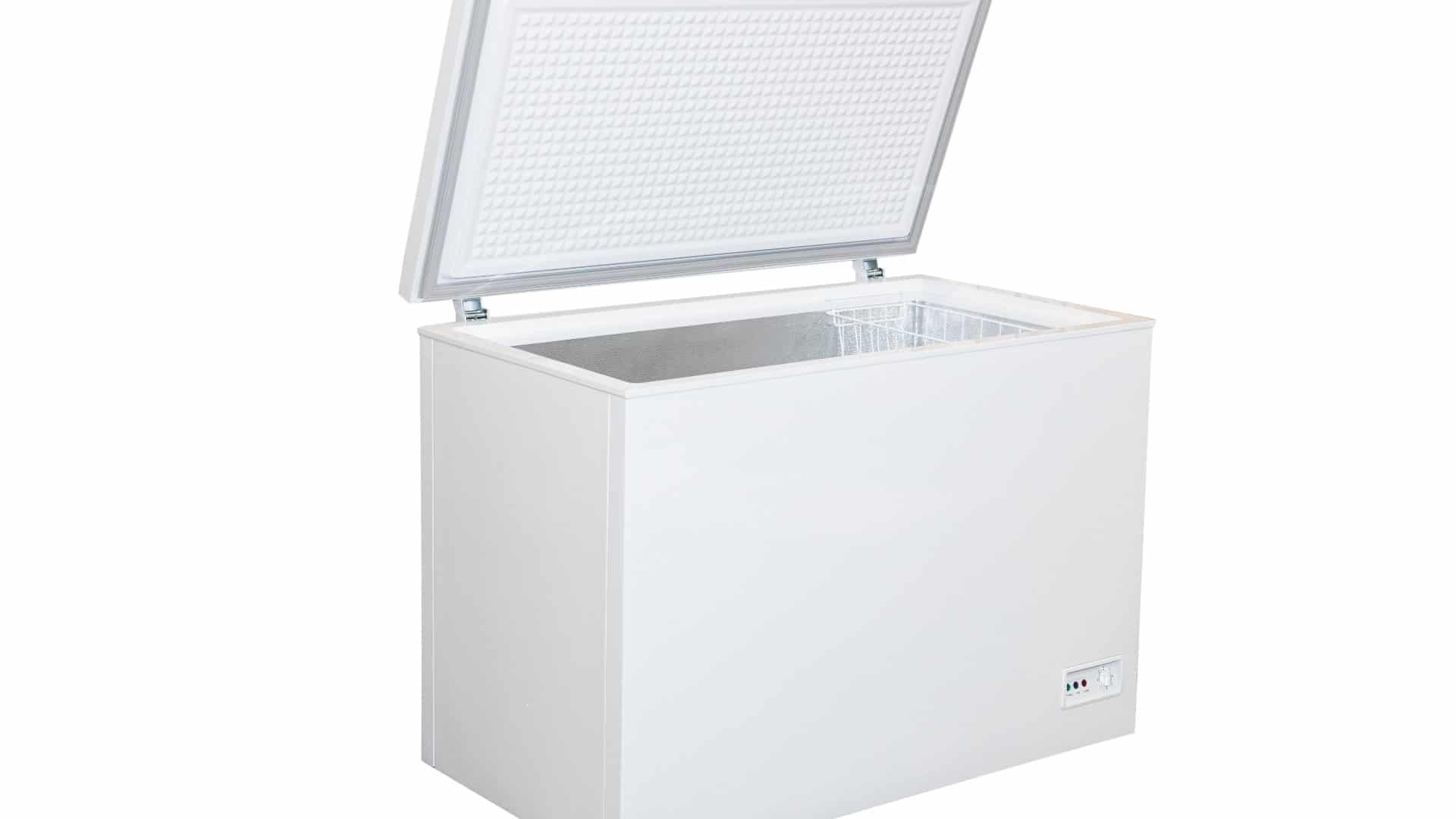Understanding the optimal temperature for your freezer is crucial for food safety and preserving the quality of your frozen items. Many people are unaware of how cold their freezer should be to maintain the best conditions for food storage. In this article, we will explore the ideal freezer temperature, the science behind it, and tips for monitoring and maintaining your freezer's temperature effectively.
Freezers play a vital role in preventing food spoilage and keeping perishable items safe for consumption. However, many individuals overlook the importance of proper temperature settings. This article will provide insights into how cold your freezer needs to be, the risks of improper temperatures, and best practices for maintaining the right conditions.
By the end of this article, you will have a thorough understanding of freezer temperatures and how to ensure your food remains safe and delicious. So, let’s dive in!
Table of Contents
- Ideal Freezer Temperature
- Importance of Freezer Temperature
- Consequences of Improper Freezer Temperature
- How to Check Your Freezer Temperature
- Tips for Maintaining Freezer Temperature
- Common Freezer Temperature Issues
- Myths About Freezer Temperature
- Conclusion
Ideal Freezer Temperature
The ideal temperature for a freezer is 0°F (-18°C) or lower. At this temperature, food remains frozen solid, which effectively prevents the growth of harmful bacteria and preserves food quality.
Here are some key points regarding the ideal freezer temperature:
- A temperature of 0°F (-18°C) is recommended by the USDA.
- Most household freezers can maintain this temperature easily.
- Regularly monitoring your freezer temperature ensures food safety.
Importance of Freezer Temperature
Maintaining the proper temperature in your freezer is essential for several reasons:
- Food Safety: Keeping food at 0°F (-18°C) or lower prevents the growth of bacteria and pathogens.
- Food Quality: Proper temperatures help maintain the texture, flavor, and nutritional value of frozen foods.
- Cost Efficiency: Keeping your freezer at the right temperature can help reduce energy costs and prevent food waste.
Consequences of Improper Freezer Temperature
When a freezer is not set to the appropriate temperature, several negative consequences can occur:
Food Spoilage
Food stored above 0°F (-18°C) can begin to thaw, leading to spoilage and loss of quality.
Bacterial Growth
Bacteria can thrive in warmer conditions, potentially leading to foodborne illnesses.
Financial Loss
Improper freezer temperatures can result in wasted food and increased grocery expenses.
How to Check Your Freezer Temperature
To ensure your freezer is at the right temperature, follow these steps:
- Use a freezer thermometer to measure the temperature accurately.
- Place the thermometer in a container of water for a more stable reading.
- Check the temperature regularly, at least once a month.
Tips for Maintaining Freezer Temperature
Here are some effective tips for maintaining the ideal temperature in your freezer:
- Keep the freezer door closed as much as possible.
- Do not overload the freezer; allow for proper air circulation.
- Regularly defrost your freezer if it is not frost-free.
- Ensure the freezer is located in a cool area away from heat sources.
Common Freezer Temperature Issues
Some common issues that can affect your freezer temperature include:
- Frost Buildup: Excessive frost can block air circulation.
- Door Seal Problems: A damaged door seal can cause cold air to escape.
- Power Outages: Loss of power can lead to thawing and spoilage.
Myths About Freezer Temperature
There are several myths surrounding freezer temperatures that can mislead consumers:
- Myth: Freezers should be set to below 0°F (-18°C) for optimal performance.
- Myth: You can refreeze thawed food without any risks.
- Myth: All freezers maintain the same temperature regardless of load.
Conclusion
In conclusion, the ideal freezer temperature is 0°F (-18°C) or lower to ensure food safety and quality. Regularly monitoring and maintaining your freezer temperature can prevent food spoilage and save you money.
We encourage you to check your freezer settings today and ensure they meet the recommended guidelines. If you found this article helpful, please leave a comment or share it with others who may benefit from this information!
Thank you for reading, and we hope to see you back on our site for more insightful articles!
Article Recommendations
- Exclusive Insights Into Olivia Ponton Hottest Phenomenon
- Sheebah Karungi Muwomya Latest Hits Music Videos
- The Ultimate Guide To Joey Graceffas Television Show


